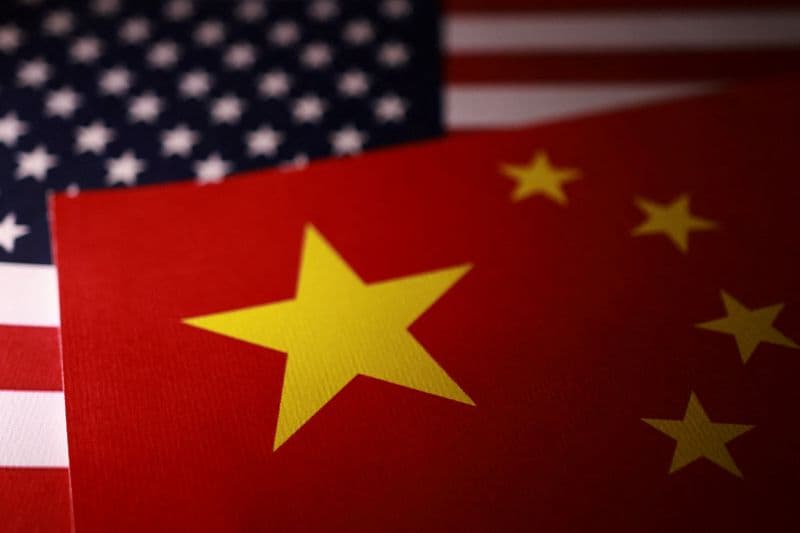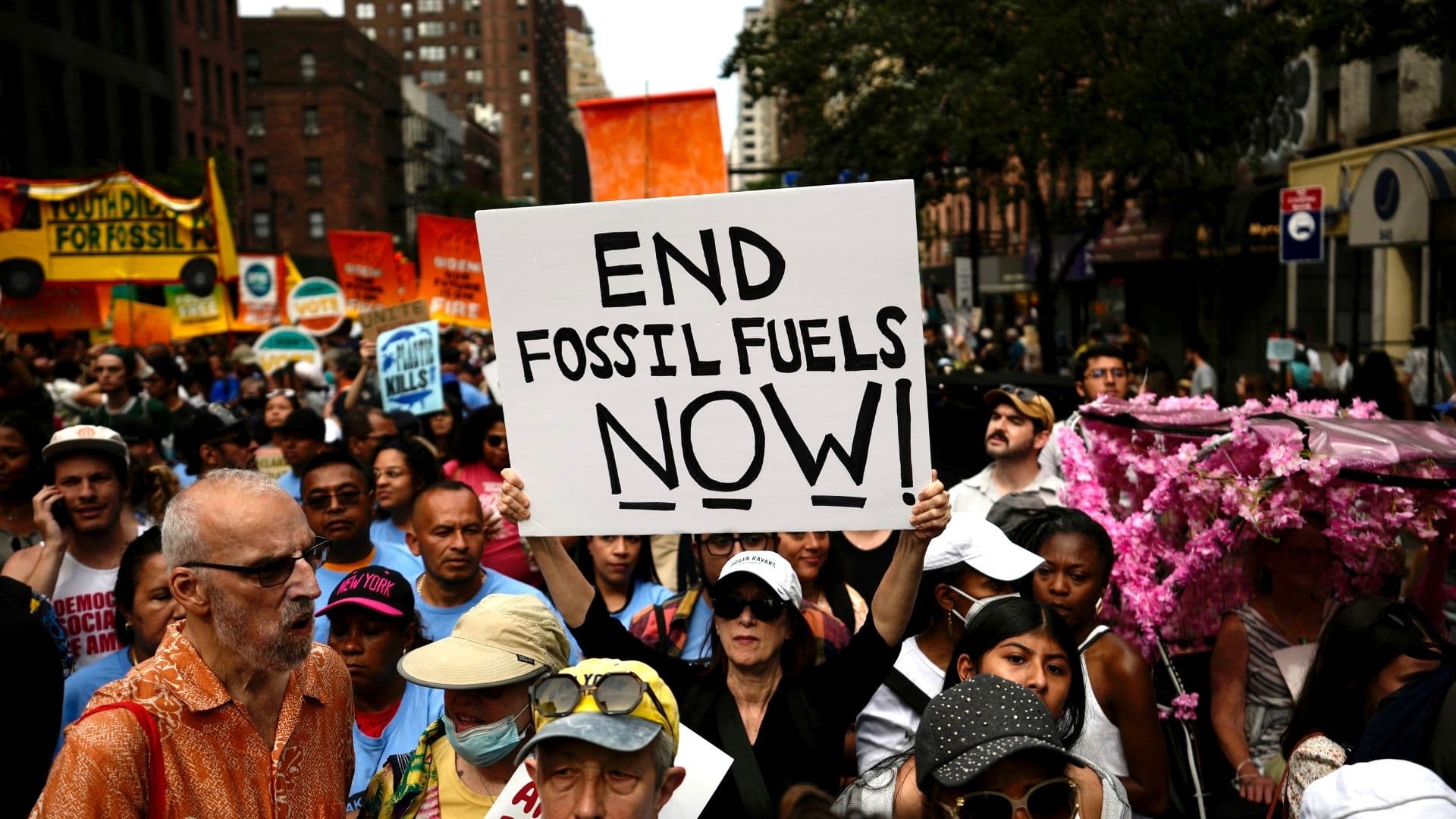Argentine court orders seizure of 20 properties tied to Fernández de Kirchner
An Argentine judge ordered the seizure of 20 properties linked to former president Cristina Fernández de Kirchner and family members, escalating enforcement after a fraud conviction over public works contracts. The move tightens legal pressure on a central political figure and could have broader implications for investor confidence, electoral politics, and perceptions of institutional integrity.
An Argentine court on November 19 ordered the seizure of 20 properties linked to former president Cristina Fernández de Kirchner and members of her family, part of enforcement actions related to a conviction alleging misuse of public works contracts. The seizures were reported by local media and follow earlier rulings that paved the way for asset forfeiture tied to the fraud case.
Fernández de Kirchner has been under house arrest since June after she was convicted in the case that prosecutors said involved the manipulation of public works contracts. The recent order is a distinct step in implementing penalties from that conviction, and comes amid a suite of ongoing legal proceedings against the former president, including trials on alleged bribery and related charges. Local reporting indicates the targeted properties span multiple jurisdictions, and judicial authorities are cataloguing assets for potential forfeiture to satisfy penalties tied to the ruling.
The enforcement action deepens a legal campaign that has dogged Fernández de Kirchner for years and that remains politically combustible in Argentina. She remains a powerful figure within the Peronist movement and a polarizing presence in public life. For supporters, the prosecutions are viewed as politically motivated and divisive. For critics, they are emblematic of entrenched corruption that undermines governance and public trust. The seizure order therefore carries implications beyond the immediate legal calculus.
Economically, the move could influence market sentiment by increasing perceived political risk. Asset seizures of a high profile politician can amplify investor concern about rule of law, property rights, and the politicization of the judiciary. Such concerns typically manifest in pressure on the currency, wider spreads on sovereign debt, and caution among foreign direct investors. While no immediate market reaction was reported with the court order, analysts warn that continued legal uncertainty around a major political figure risks adding to Argentina’s chronic vulnerability to investor confidence shocks.
From a policy perspective, the order underscores an evolution in how Argentine courts and enforcement agencies pursue asset recovery in corruption cases. Successful enforcement can recover public resources and signal governance improvements, but heavy handed or selective prosecutions risk deepening political polarization and eroding institutional legitimacy. The government and judiciary face a delicate balancing act between demonstrating accountability and maintaining procedural fairness that will be scrutinized domestically and internationally.
Legally, the seizure is likely to prompt appeals and procedural challenges. Fernández de Kirchner and her legal team have historically contested rulings aggressively, and the property orders are expected to generate further litigation. International observers and foreign legal entities that monitor asset forfeiture cases may also follow developments, particularly where cross border financial flows or foreign held assets are implicated.
The case continues to highlight the intersection of law, politics, and economics in Argentina. As enforcement moves from courtroom verdicts to property seizures and potential asset recovery, the effects will be felt in legal chambers, political rallies, and financial markets, shaping debates about accountability, institutional strength, and the country’s economic trajectory.

